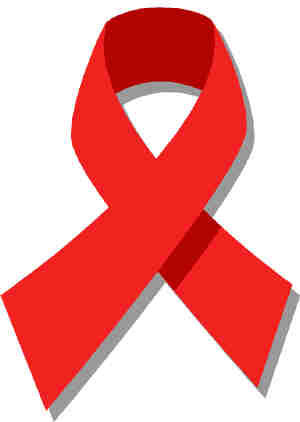
ALMOST 20 years after Zimbabwe embarked on robust HIV and AIDS prevention programmes that have been widely credited with bringing down the HIV prevalence rate from 24% to less than 15% in 2012, many people are, however, still reluctant to know their status, a recent survey by the National Aids Council (NAC) has revealed.
PHYLLIS MBANJE
“People in Zimbabwe do not present themselves for voluntary testing that easily,” Tadiwa Pfupa, a NAC official, said. “Most people get tested only when they fall sick through provider-initiated counselling,” she said.
However, more women get tested especially when they fall pregnant and book for ante-natal clinic.
Most council clinics have become very aggressive in getting women tested before they can be booked, but Health and Child Care deputy minister Paul Chimedza recently said this should remain voluntary.
“Then there is a small number of people who go for testing, but do not collect their results out of fear,” Pfupa said.
She added that it was worrying that besides intensive programmes and awareness campaigns people were still overcome by fear.
Men in Zimbabwe are still trailing behind in embracing being tested.
- Chamisa under fire over US$120K donation
- Mavhunga puts DeMbare into Chibuku quarterfinals
- Pension funds bet on Cabora Bassa oilfields
- Councils defy govt fire tender directive
Keep Reading
According to the Health Demographic survey carried out by the Health ministry and its partners, 62% men and 40% women had never been tested.
A counsellor affiliated to the Zimbabwe National Network of People living with HIV Otilia Gwatipedza also confirmed the public fears.
“There are two things at play. For some it is pure fear that keeps them from going to the New Start Centre, while others are not comfortable with discussing their sexual escapades. We always encourage couples to first get tested before they indulge, but young people are still struggling to warm up to the idea,” Gwatipedza said.
Among the major benefits of being tested is starting treatment early and improving ones’ health.
It will also reduce the risk of passing on the virus to another person and those who test negative will strive to keep their status.
Meanwhile, a UNAIDS Gap report shows that 19 million of the 35 million people living with HIV globally do not know of their HIV-positive status.
The executive director of the organisation Michel Sidibé, said there was need for smarter scale-up to close the gap between people who know their HIV status and those who were unaware.
The report shows that as people find out their HIV-positive status they will seek life-saving treatment. In sub-Saharan Africa, almost 90% of people who tested positive for HIV went on to access antiretroviral therapy (ART).
Research shows that in sub-saharan Africa, 76% of people on ART have achieved viral suppression, whereby they are unlikely to transmit the virus to their sexual partners.
New data analysis demonstrates that for every 10% increase in treatment coverage, there is a 1% decline in the percentage of new infections among people living with HIV.











